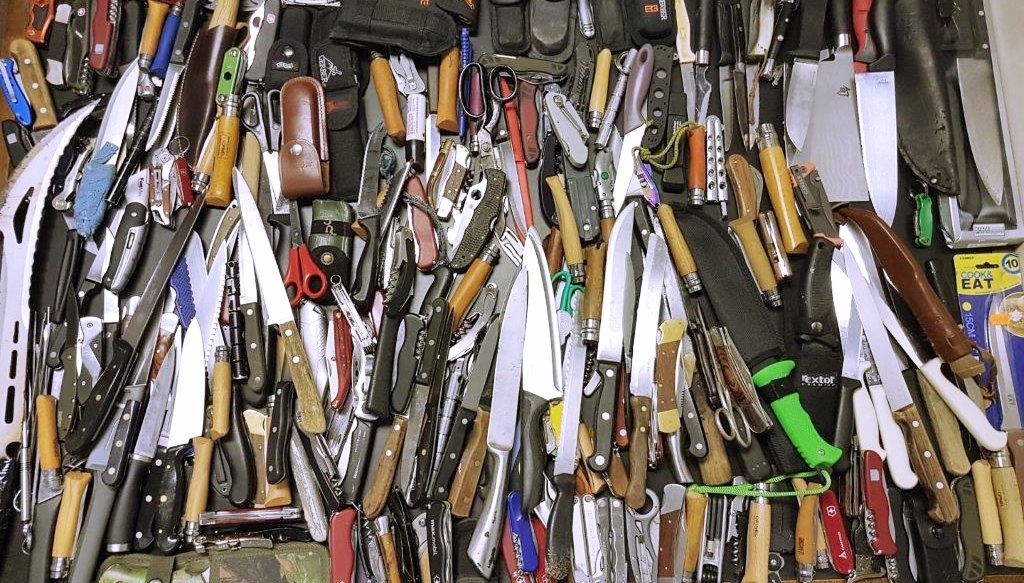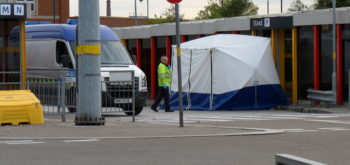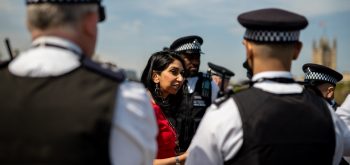There is increasing evidence of a link between cuts to youth services and the country’s knife crime epidemic, according to a cross-party group of MPs.
Research published by the all-party parliamentary group (APPG) on knife crime recorded that between March 2014 and September 2018, England and Wales had seen a 68% increase in recorded knife offences and, in the final year of that period, knife crime hit a new record of 42,790 offences.
Many of the highest increases in knife crime had occurred in areas suffering the greatest cuts to youth spending. Almost nine out of ten councils that responded to the MPs enquiries had seen at least one youth centre in their area close.
The report, which drew on responses from around 70% of the local authorities in England and Wales, highlighted a correlation between the change in the number of youth centres that remain open, supported and staffed, and the annual number of offences involving a knife.
Overall cuts to the youth services budget also suggesteda similar trend. Wolverhampton and Westminster have been most affected by these cuts, with funding being reduced by 91% since 2014/15.
In the last four years, the Metropolitan Police have seen a 47% rise in knife crime offences, whilst Cambridgeshire Police and Thames Valley have seen 95% and 99% increases respectively.
Chair of the APPG, Sarah Jones, the Labour MP for Croydon Central, said: ‘We cannot hope to turn around the knife crime epidemic if we don’t invest in our young people… . Youth services cannot be a “nice to have”. Our children’s safety must be our number one priority.’
Javed Khan, Barnardo’s chief executive, said that the figures were ‘alarming but sadly unsurprising’. He went on to say that taking away youth workers and safe spaces contributed to a ‘poverty of hope’ among young people.
The government has said that these cuts are one example ofa ‘range of factors’ driving the increase in knife crime. A spokesperson stated that they are determined to tackle root causes in order to ‘end this cycle of violence’.







